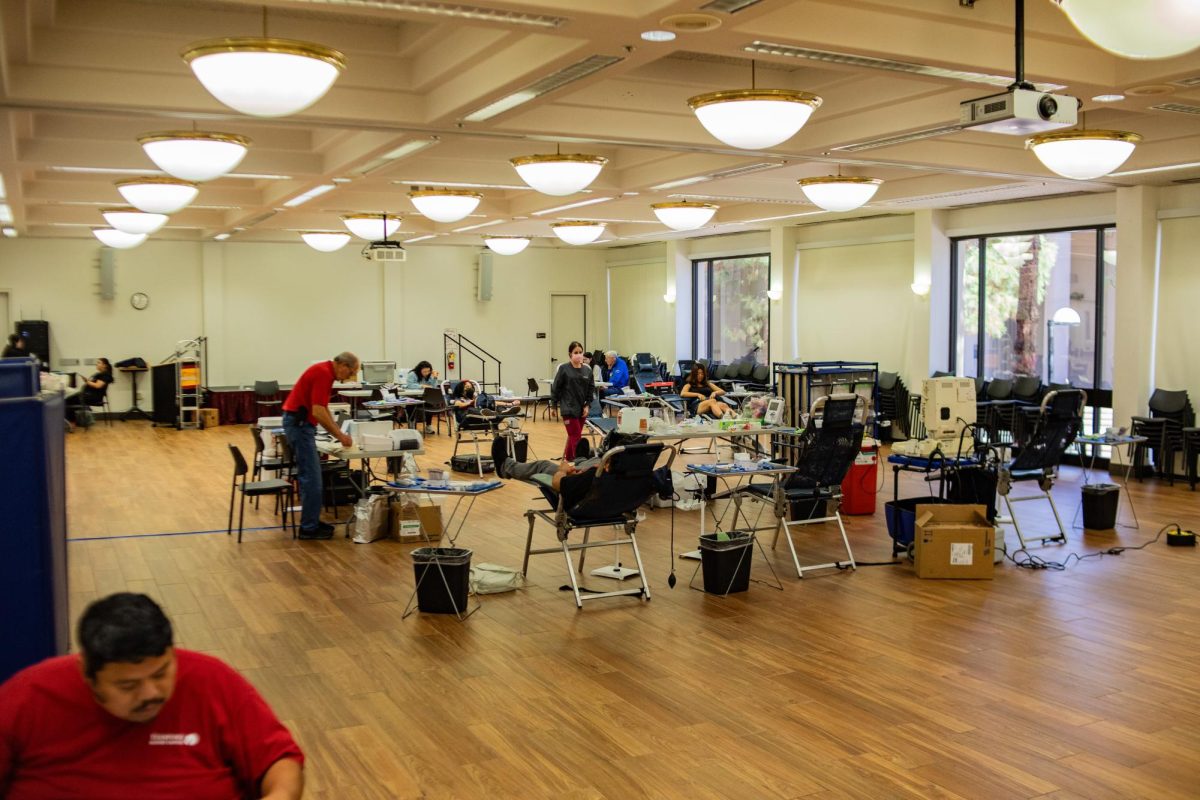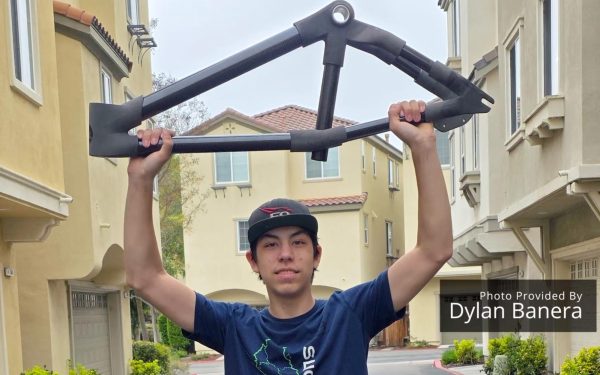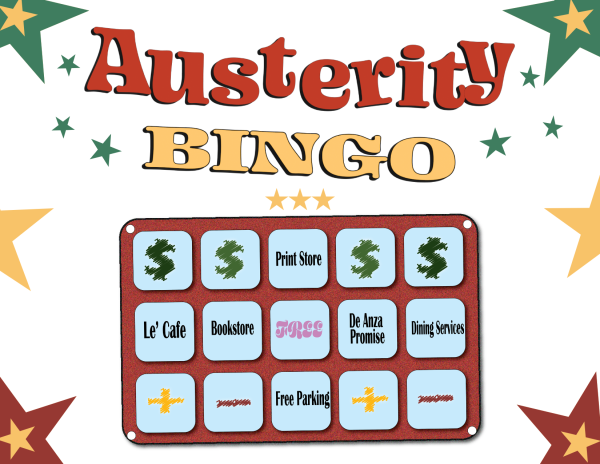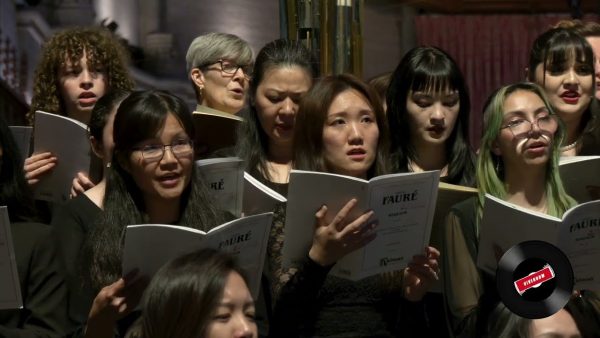De Anza should allow high school freshmen, sophomores to enroll
June 18, 2019
De Anza College should allow high school freshmen and sophomores to enroll to boost enrollment and allow these students to have more specialized educational experiences that prepare them for college careers.
Last month, the De Anza academic senate discussed the possibility of allowing younger high school students to enroll, raising some concerns among some faculty members.
Currently, based on Spring 2019 enrollment data, 305 high school juniors and seniors are enrolled as special admits, a 13% increase from Spring 2018. High school special admits are one of the only two student populations that haven’t faced a decline this year. This is a welcome addition in light of De Anza’s ongoing enrollment and budget crises.
If freshmen and sophomores were allowed to enroll, enrollment could rise further and help prevent classes from being cancelled.
Allowing younger students to enroll would also benefit these students. The ability to handle college level courses often shows four-year schools that a high school student is less likely to face burn-out or speed up their transfer process at two-year schools.
High school students also have the unique opportunity to take classes to their interests that may not be offered at their high schools.
College courses also teach high school students independence and maturity because most college courses require more self-study and organization than high school classes.
Some believe that allowing freshmen and sophomores to enroll is a cause for concern due to their age and alleged immaturity.
However, most high school students who enroll in community college are informed by their schools that taking these classes is a privilege, not a right. They can and will be sent back to their home school if they are unable to maintain the level of maturity needed to succeed in a college environment.
Classes do not need to be dumbed down or filtered for these students either. High school students have the added benefit of support from the guidance team of their home school, and the ability to retake classes or return to normal high school classes if necessary.
Some community colleges, such as Ohlone College, block certain classes to students under a certain grade or age. This means professors can impose restrictions on high schoolers who they believe are unable to handle the content of their classes.
High school students also typically have a unit limit, and require college and high school approval to be able to take more than a certain number of units, ensuring they would not overextend themselves.
The argument against allowing younger students to enroll at De Anza College is a flimsy case. Both the college and the students will benefit from this newly proposed policy.























